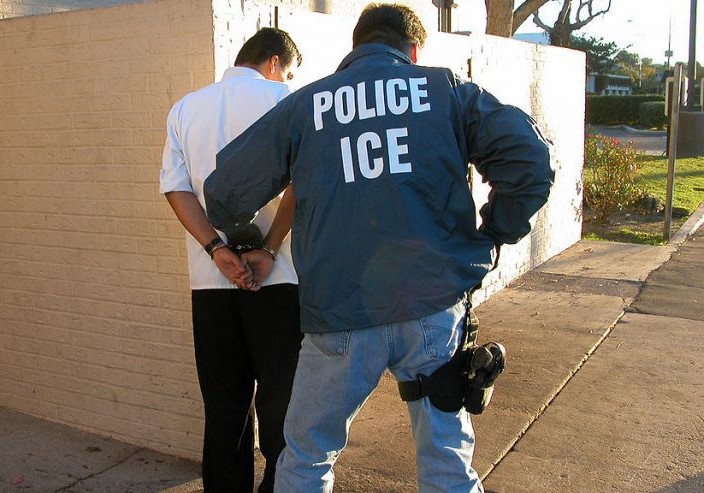Hungarian diplomats avoid talking about the uncomfortable subject of undocumented Hungarians living illegally in the US. Recently the Embassy of Hungary in Washington DC hosted all Honorary Consuls serving in the US and Ambassador László Szabó thanked them for their work and hoped for continued assistance in strengthening the ties between the two countries.
For the first time six representatives (!) of the Department of Homeland Security also attended the meeting to explain the issues related to the Visa Waiver program which enables Hungarian passport holders to enter and stay in the US for up to 90 days without obtaining a visa. Visitors must first have authorization under the Electronic System for Travel Authorization (ESTA) system, an inexpensive and simple process that can be completed online.
President Trump is considering making changes to this system because he thinks that the existing rules make it too easy to enter to the US and that it should be reviewed amid heightened concerns about terrorism.
During 2016 a total of 934 Hungarian immigrants completed the naturalization process and obtained US citizenship. During the same time period 126 Hungarians were “removed” from the US, in most cases deported back to their home country. Twenty-eight persons had criminal status in the US, 16 had previous criminal records. Also, for various reasons 182 Hungarian passport holders were denied entry to the US.
From the total of 82,533 Hungarian entry to the US the total overstay rate stood at 2.75% and the so called “in-county” overstay was 2.23% in 2016. In other words, it is suspected that 1,841 Hungarians stayed in the US illegally. If the overstay rate goes above a 3% threshold Hungary could be excluded from the Visas Waiver program. It is worth to mention that Hungarian numbers are higher than the Czech (1.11%) or Slovak (1.85%) rates. (Poland is not admitted to the Visa Waiver program.)
One of the reasons for the high rates of overstay is the policy of distributing passports to ethnic Hungarians in the Carpathian basin. Many in Romania, Serbia and Ukraine obtain Hungarian passports for the single purpose of entering to the US via the Visa Waiver program. In those countries it is harder to get a US visas and according to press reports, Hungarian passports can also be “purchased” from corrupt officials. (Read more here.)
There are no official or semiofficial numbers but it is a fair estimate that 1,000-2,000 visitors “overstay” annually and there are at least 10,000 “Hungarians” living illegally in the US. The majority of them entered in the last decade and some never lived in Hungary. They obtained Hungarian passports in other countries using various legal (and illegal) schemes. It is also suspected that some Hungarian politicians are financially benefiting from the passport trade by marketing the Hungarian residency bond program in various countries including China. (Read about the bond program here.)
It is unfortunate that US-based Hungarian diplomats are not forthcoming about the illegal immigration problem. Additional research is needed to understand the nature of Hungary’s illegal immigration and it would be advisable if the Orbán government would restrict or reduce the number of Hungarian passport holders in non-Visa Waiver countries.
If Hungary is kicked out from the Visa Waiver program its citizens will have a harder time to enter the US and the cost of the entry visa would be higher. In addition, the lingering issue of illegal Hungarian immigration casts a cloud on Hungarian-US relations.
György Lázár





